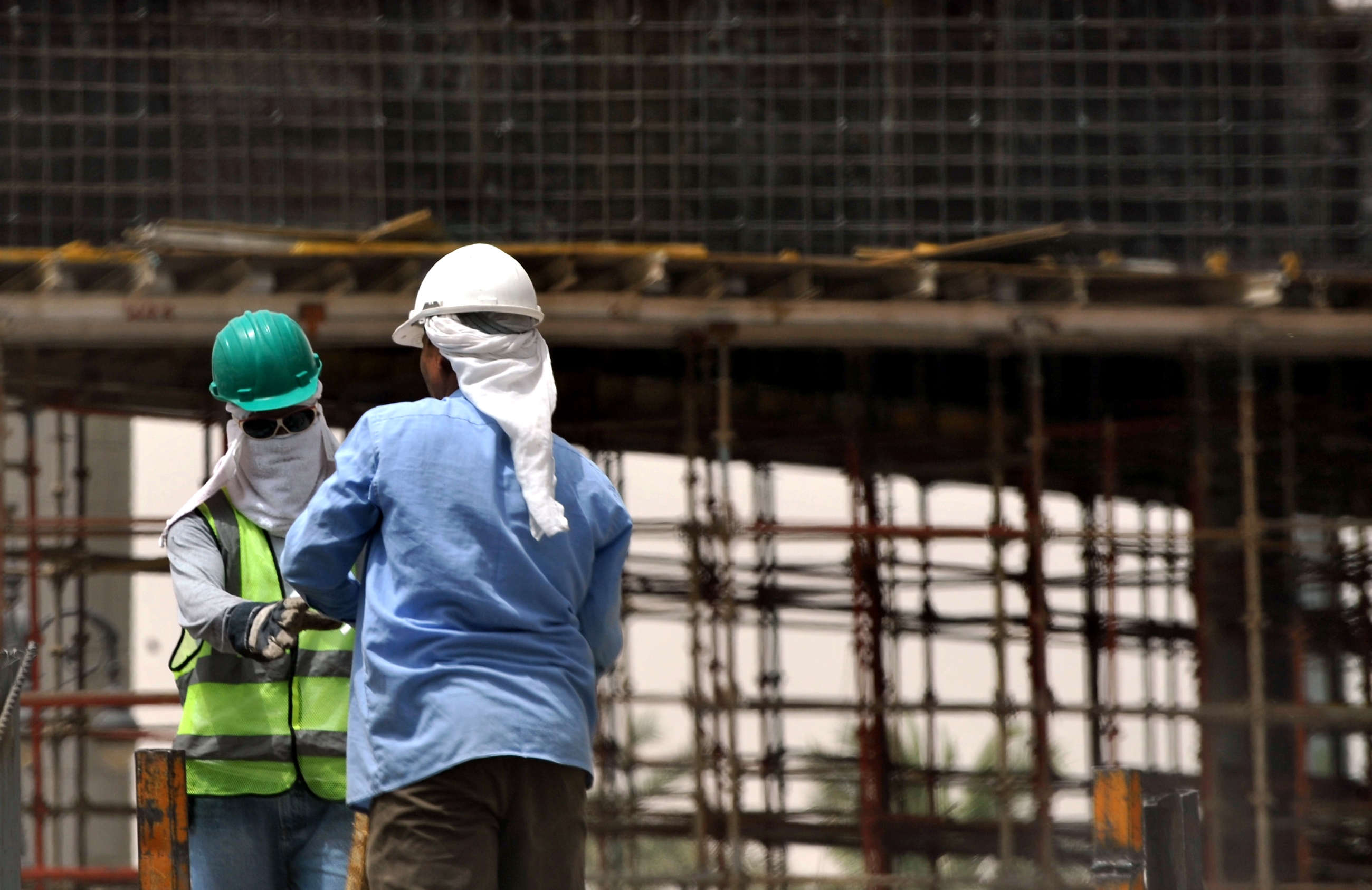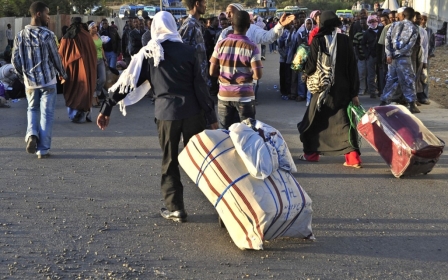Saudi Arabia set to abolish kafala system: Report

Saudi Arabia plans to abolish the controversial kafala sponsorship system for migrant workers, according to a report by Saudi online financial publisher Maaal.
On Tuesday, Maaal cited unnamed sources to report that Riyadh would announce the scrapping of the system next week, to be replaced by a new contractual relationship between expatriate employees and their employers. The reform is due to take effect in the first half of 2021, according to the report.
The kafala system ties migrant workers to one sponsor, whose permission they need to change jobs, open a bank account, or leave the country. Over 10 million workers in Saudi Arabia are currently subject to the system.
Human rights groups have often criticised the policy as exploitative and a form of modern slavery.
The Saudi Ministry of Human Resources and Social Development said on Wednesday that it was “working on many initiatives to organise and develop the labour market, and it will be announced as soon as it is ready”.
“The ministry calls upon everyone to obtain information from its official sources,” it said in response to the report.
Kafala criticised throughout region
The move would form part of Saudi’s Vision 2030 economic strategy, which seeks to modernise the kingdom and move away from an oil-reliant economy.
The kafala system has been criticised throughout the region, with many neighbouring countries taking steps to reform it.
Qatar announced plans to abolish the system in October last year. However, it continues to be in effect.
In Lebanon, the implementation of a new contract system replacing kafala was suspended earlier this week after an appeal was lodged by the coalition of Domestic Worker Recruitment, who opposed the proposals.
The new system would have allowed migrant workers to terminate their contract without the consent of their employer, as well as guarantee a weekly rest day, overtime pay, sick pay, annual leave and the national minimum wage.
Middle East Eye propose une couverture et une analyse indépendantes et incomparables du Moyen-Orient, de l’Afrique du Nord et d’autres régions du monde. Pour en savoir plus sur la reprise de ce contenu et les frais qui s’appliquent, veuillez remplir ce formulaire [en anglais]. Pour en savoir plus sur MEE, cliquez ici [en anglais].





